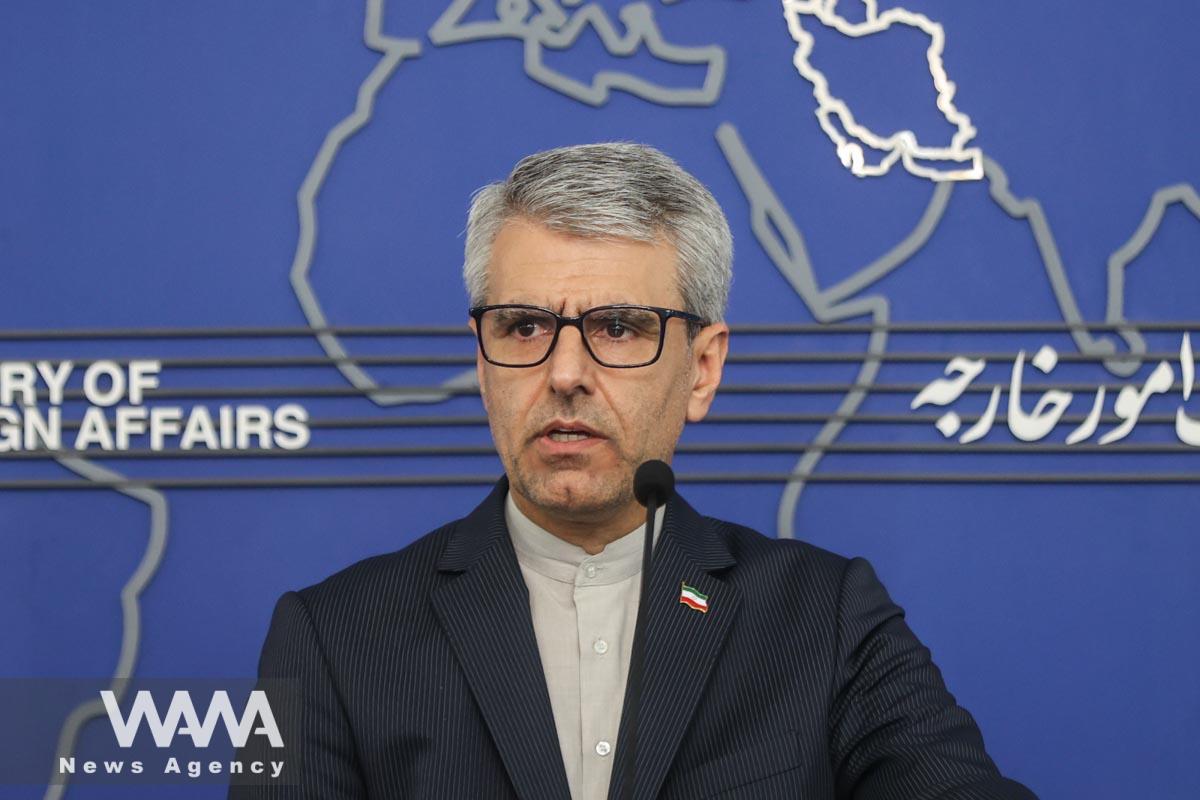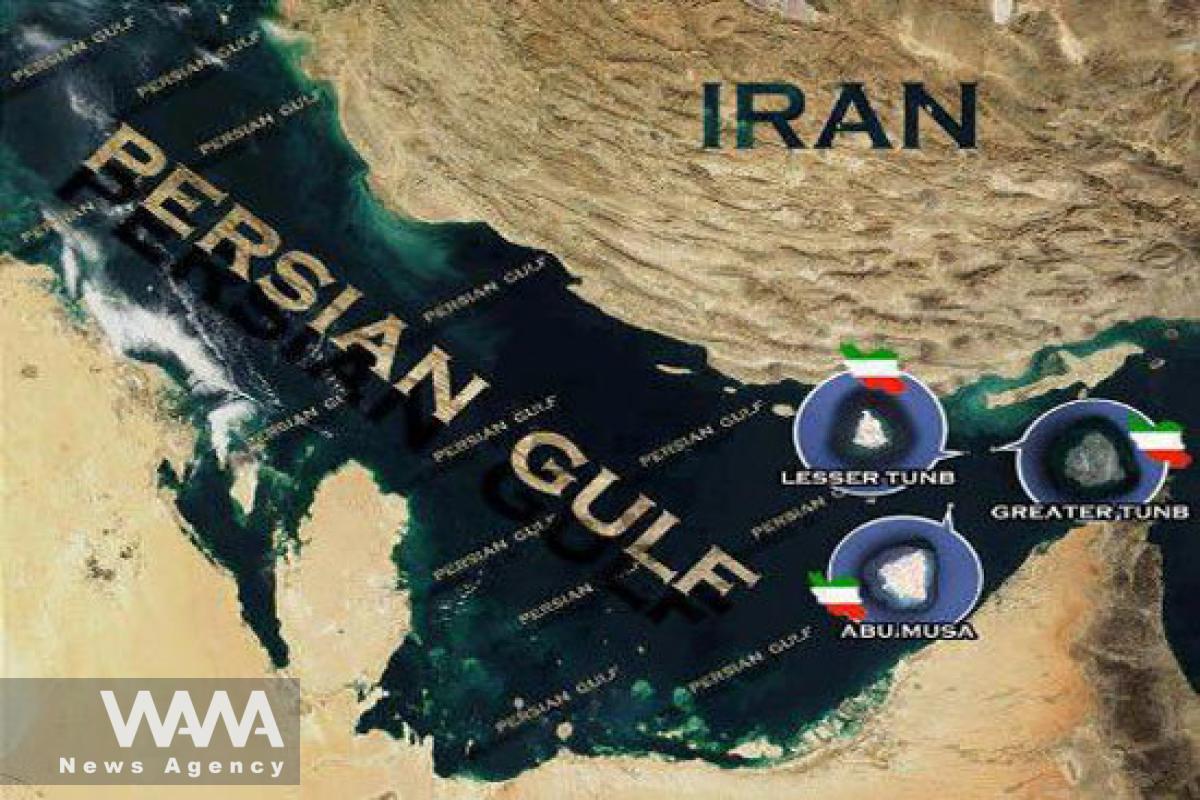WANA (Oct 07) – Iran has strongly dismissed the joint statement issued by the Persian Gulf Cooperation Council (PGCC) and the European Union, calling its claims “unfounded” and “interventionist.” Foreign Ministry spokesman Esmaeil Baghaei stressed that the repeated assertions about Iran’s sovereignty over the islands of Greater Tunb, Lesser Tunb, and Abu Musa have “no legal value” and cannot alter historical and geographical realities.
Baghaei warned against what he described as the “destructive and divisive interference” of certain European countries in the Persian Gulf region. He underlined that Iran’s sovereignty over the three islands is “indisputable and permanent,” accusing extra-regional actors of fueling tensions through political maneuvering.
Iran’s sovereignty over the three islands. Social Media / WANA News Agency
He further rejected references in the PGCC–EU statement to Iran’s defense and nuclear programs, calling them “unacceptable interference in matters of national sovereignty.” Baghaei said, “Those who have turned our region into an arsenal of advanced weapons worth hundreds of billions of dollars are in no position to lecture Iran about its indigenous defensive capabilities.” He singled out Germany and France, accusing them of imposing their political agendas on the EU while providing full-scale support to Israel.
Turning to Europe’s role in the 2015 nuclear deal (JCPOA), Baghaei condemned what he called the “weak, non-independent, and bad-faith” conduct of the three European parties to the agreement. “It is disgraceful that those responsible for the current situation now pose as claimants,” he remarked, criticizing PGCC member states for offering a platform to European powers instead of addressing regional issues directly.
The remarks came in response to a joint statement released on Monday (October 6) in Kuwait, following a meeting of PGCC and EU foreign ministers. In that statement, Iran was urged to return to its legally binding commitments under the nuclear agreement and to fully resume cooperation with the International Atomic Energy Agency (IAEA). The PGCC and EU emphasized that diplomacy remained the only viable path to a sustainable solution regarding Iran’s nuclear program, noting that the return of sanctions “does not mean the end of dialogue with Iran.”
The joint communiqué also called on Tehran to curb its missile and drone development programs and to play a role in reducing regional tensions. Iranian officials, however, maintain that the country’s military capabilities are strictly defensive in nature, insisting that regional instability stems from Israel’s actions.

